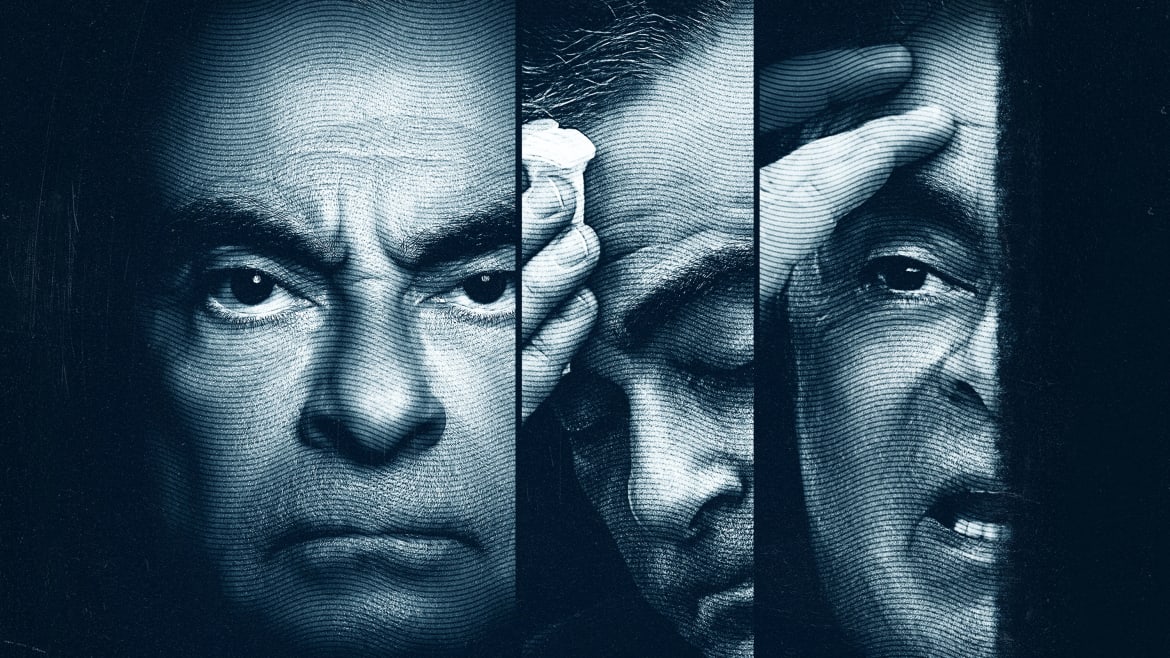Apple TV+
Following his distinguished stint at Michelin, Carlos Ghosn served as the simultaneous CEO of Renault and Nissan—positions that, along with the fact that he saved both companies from the brink of ruin, made him one of the most respected automotive executives in the world. Particularly, in Japan, Ghosn was a celebrity, viewed as a veritable superhero (hence his own manga) and a man of the highest standing. But all of that changed on Nov. 19, 2018, when he was arrested at Tokyo International Airport and sent to prison, where he languished due to accusations of financial malfeasance. It was a scandal that rocked the industry, and it was all the more stunning given that the charges against him seemed relatively trivial.
Which is why, facing an extended stint behind bars, Ghosn took matters into his own hands and hatched a daring escape plan straight out of a spy movie.
In Wanted: The Escape of Carlos Ghosn (Aug. 25), Ghosn pleads his innocence before the camera, claiming that he was a victim of a plot conceived and orchestrated by his Nissan boardroom adversaries, who sought to get him out of the picture before he could merge Renault and Nissan, which the latter saw as a one-way ticket to assimilation and irrelevance. Based on the nonfiction book Boundless by Wall Street Journal reporters Nick Kostov and Sean McLain, both of whom participate here, Apple TV+’s four-part docuseries contends that there was something to the idea that Ghosn was being persecuted. Moreover, it paints an intensely unflattering portrait of a Japanese judicial system in which due process is often nowhere to be found and torture (including gratuitous use of solitary confinement) is the norm, thereby providing further justification for Ghosn’s eventual perilous scheme.

